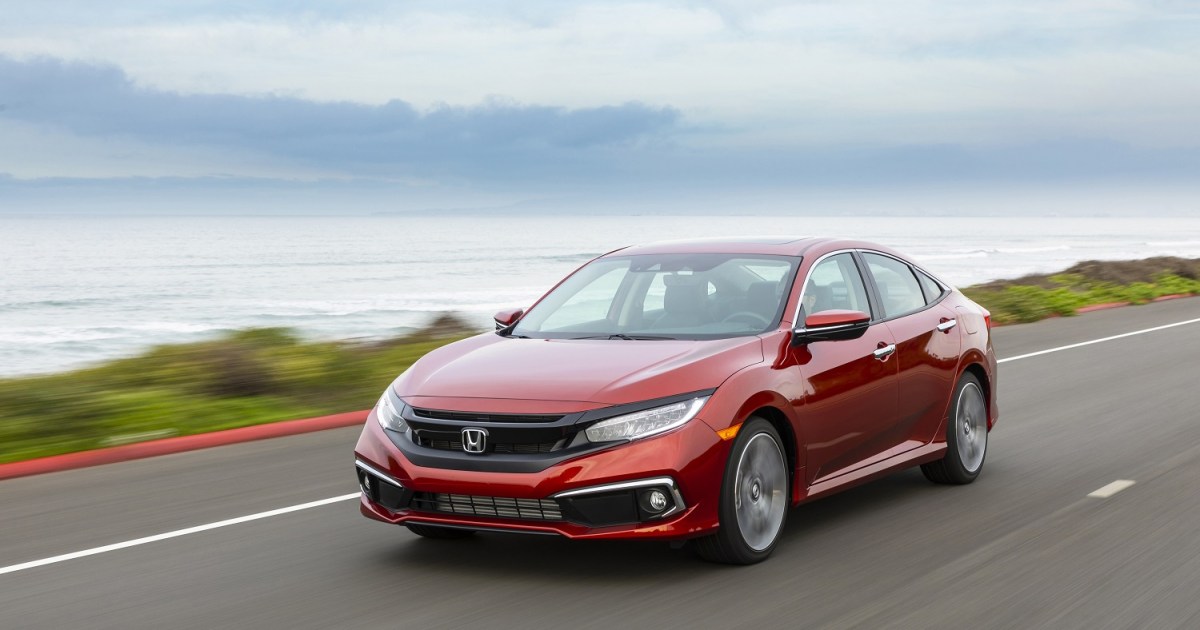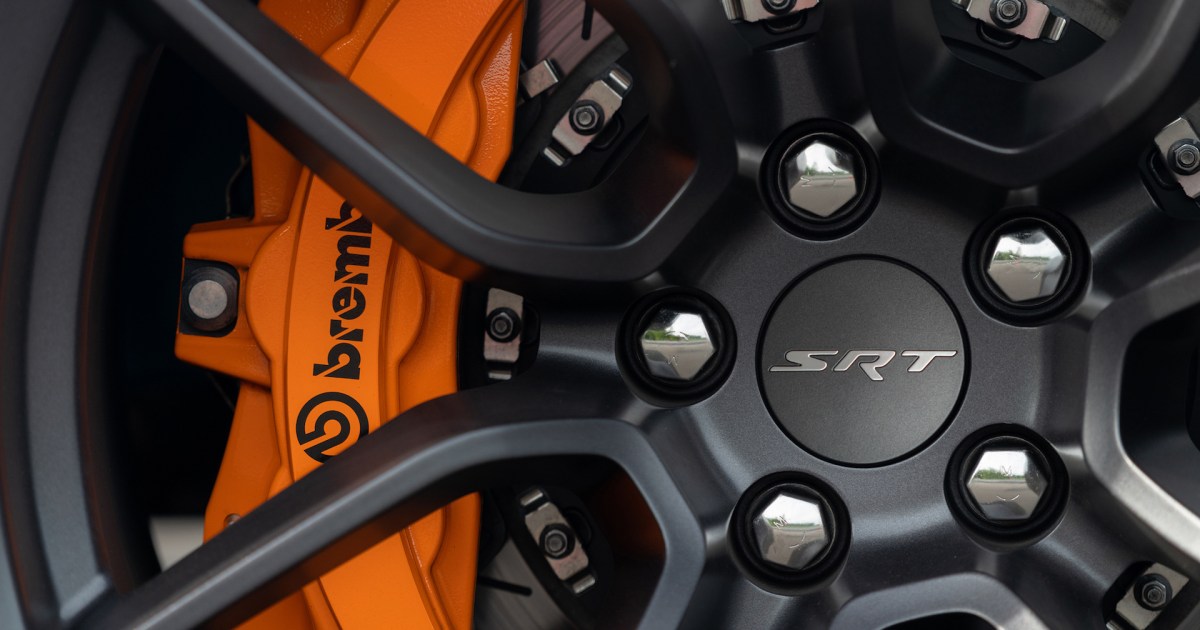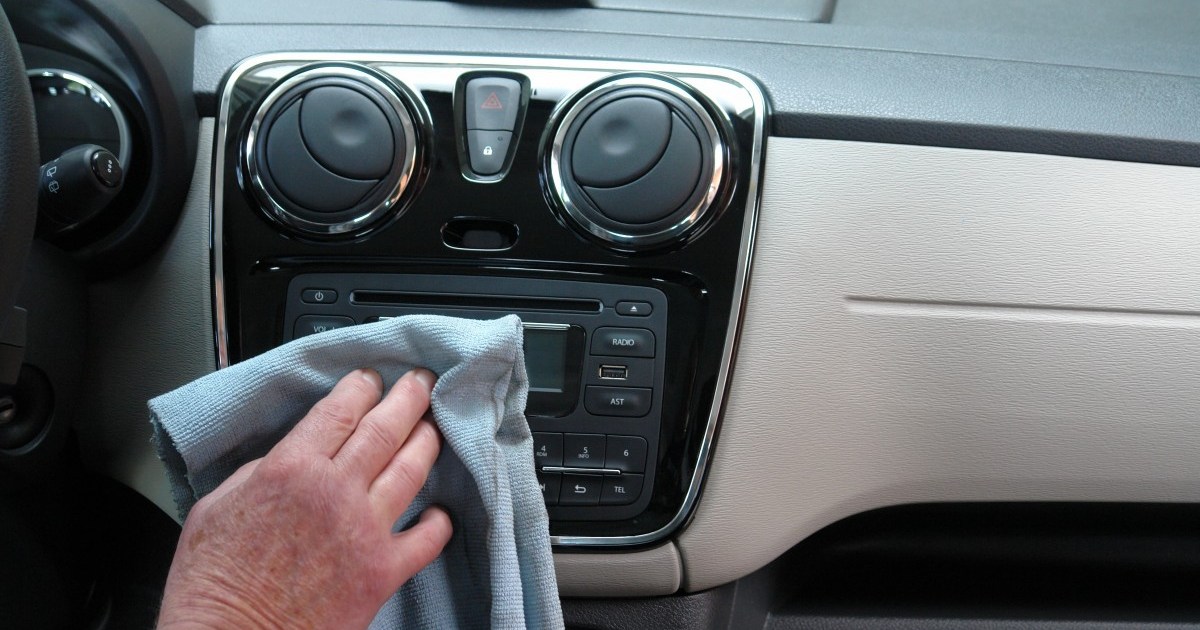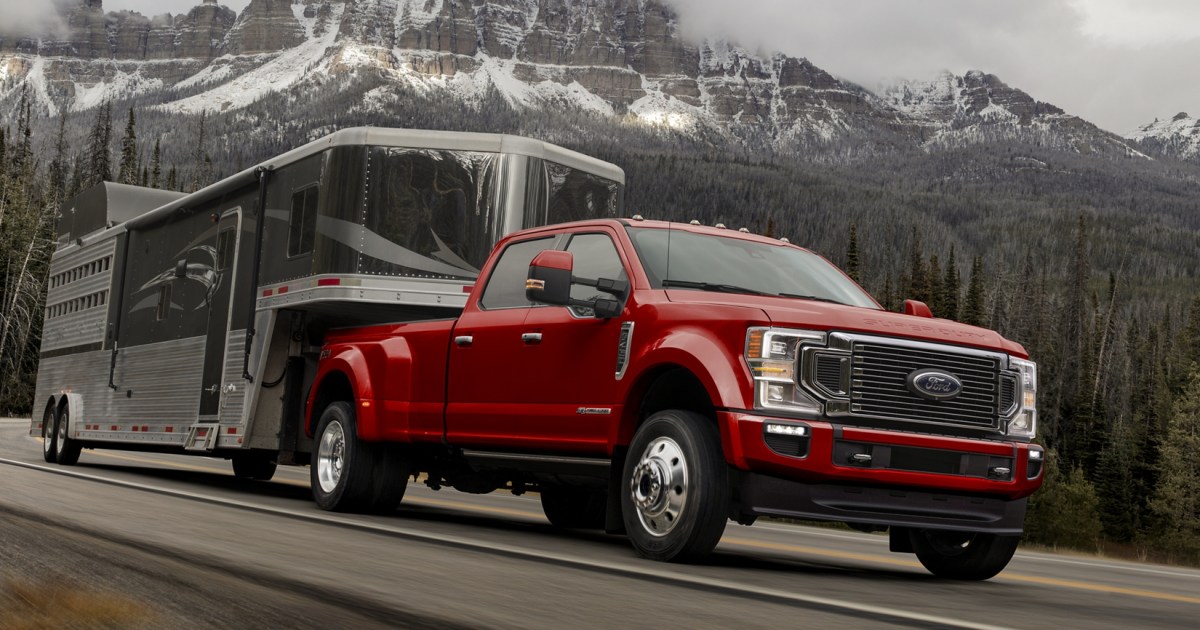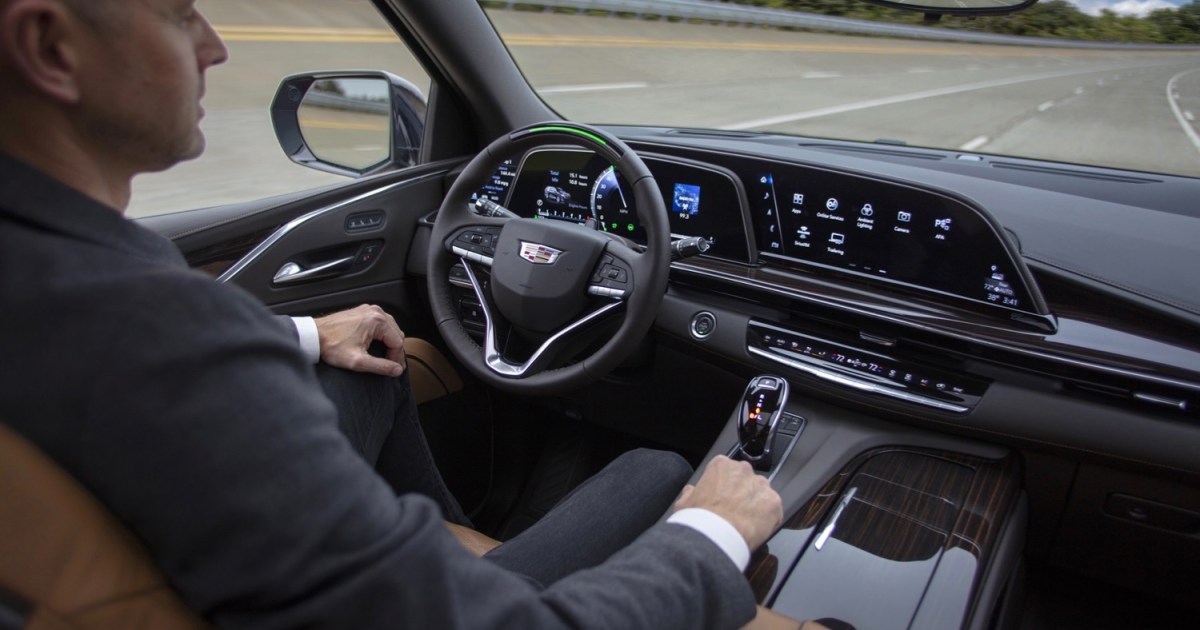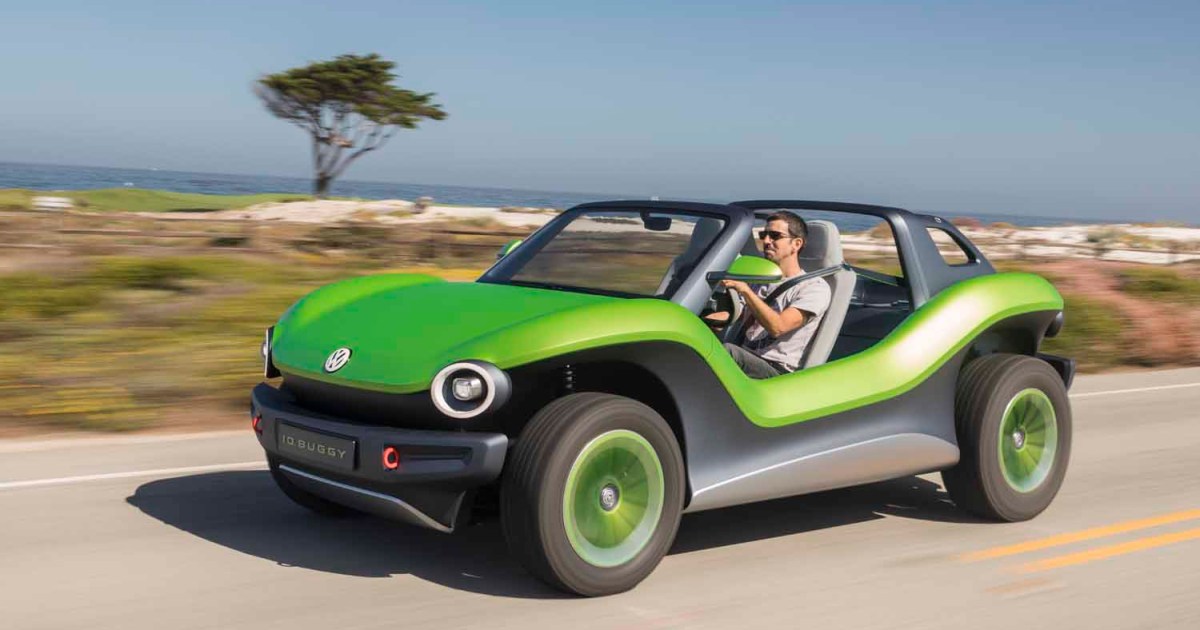When searching for a reliable, affordable, and practical car, the Honda Civic and Toyota Corolla often top the list. These two popular compact cars offer a blend of dependability, value, and safety, with the 2020 models boasting impressive technological advancements. From the high-performance Honda Civic Type R to the fuel-efficient Corolla Hybrid, these models cater to a wide range of needs and preferences. Let’s delve into a detailed comparison of these two automotive contenders.
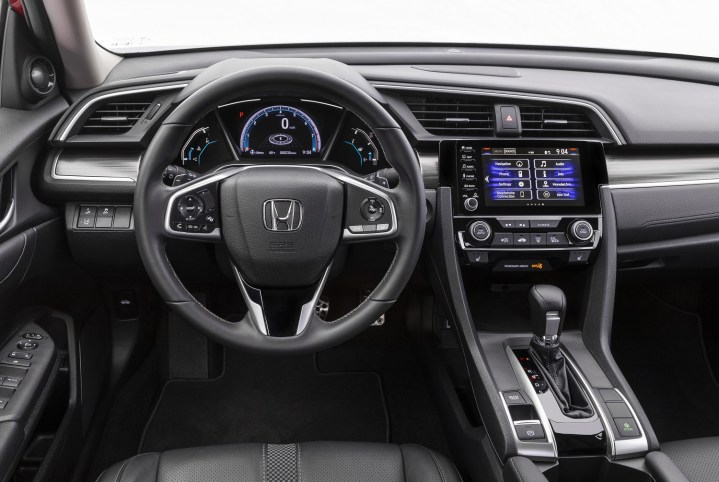 2020 Honda Civic Touring2020 Honda Civic Sedan Touring
2020 Honda Civic Touring2020 Honda Civic Sedan Touring
Tech Features: Staying Connected on the Road
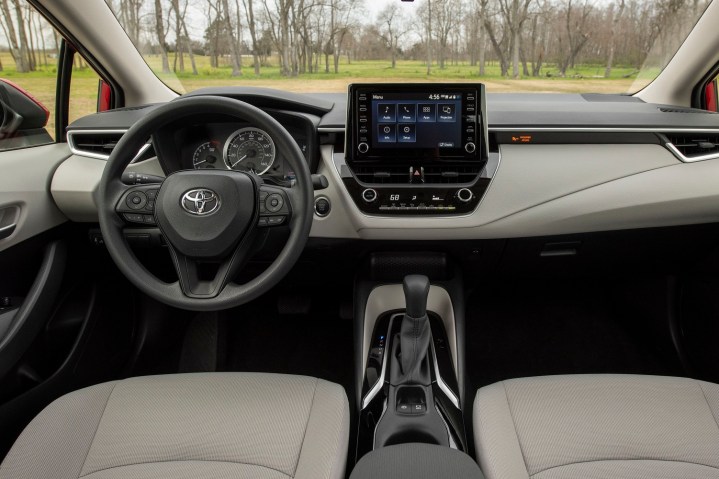 2020 Toyota Corolla LE2020 Toyota Corolla LE
2020 Toyota Corolla LE2020 Toyota Corolla LE
The base Civic LX offers a standard 5.0-inch LCD screen, Bluetooth connectivity, and a four-speaker sound system. Stepping up to the Sport trim unlocks a 7.0-inch touchscreen with Apple CarPlay and Android Auto integration, along with the HondaLink infotainment system and an eight-speaker stereo. Higher trims offer navigation and a premium 10-speaker sound system with a subwoofer.
In contrast, the entry-level Corolla L comes equipped with a 7.0-inch touchscreen, a six-speaker sound system, and Bluetooth as standard. Higher-end Corolla models feature an 8.0-inch touchscreen and an available Wi-Fi hotspot (requires a data plan). Apple CarPlay is standard, but Android Auto is notably absent.
Performance and Fuel Economy: From Mild to Wild
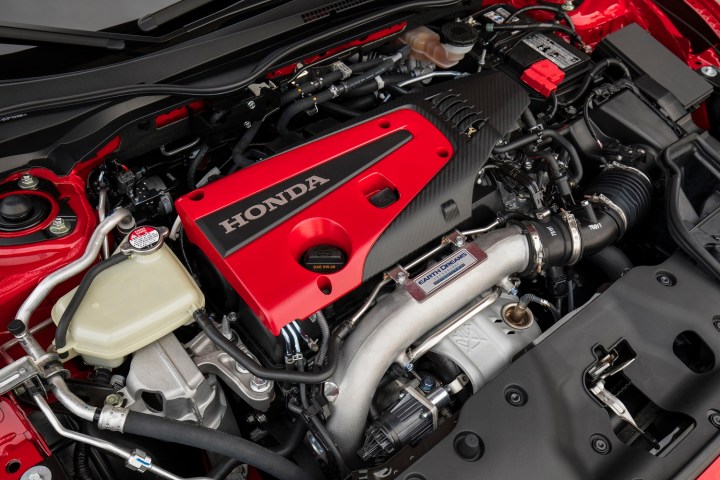 Honda Civic Type RHonda Civic Type R
Honda Civic Type RHonda Civic Type R
The Civic offers a diverse range of engine options. The LX and Sport trims feature a 2.0-liter four-cylinder engine producing 158 horsepower, paired with a six-speed manual transmission (a CVT is optional). The EX, EX-L, and Touring models get a turbocharged 1.5-liter four-cylinder engine generating 174 horsepower, mated exclusively to a CVT in the sedan. The Civic Hatchback, however, offers the 1.5-liter engine with a manual transmission option on select trims.
For performance enthusiasts, the Civic Si boasts a tuned version of the turbocharged four-cylinder engine, delivering 205 horsepower and paired with a six-speed manual. At the top of the lineup, the Civic Type R reigns supreme with a potent 2.0-liter turbocharged engine churning out 306 horsepower, also paired with a six-speed manual.
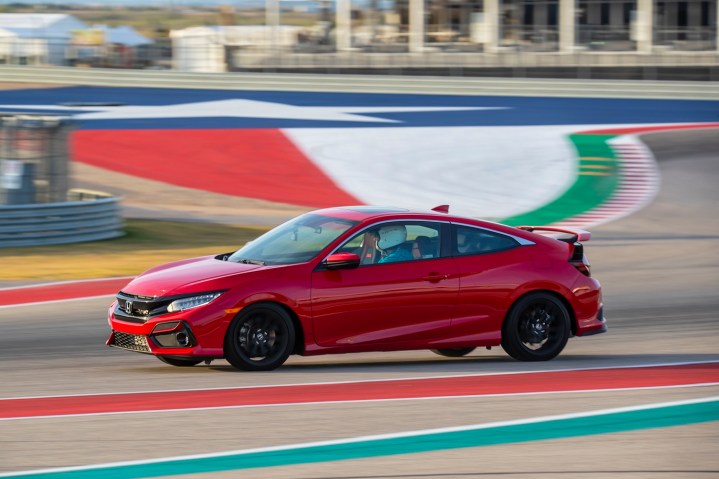 Honda Civic SiHonda Civic Si
Honda Civic SiHonda Civic Si
The Corolla offers a 1.8-liter four-cylinder base engine generating 139 horsepower (CVT only), and a more powerful 2.0-liter four-cylinder option with 169 horsepower (available with a six-speed manual). Interestingly, the Corolla Hatchback skips the 1.8-liter engine altogether. While a dedicated performance model isn’t currently available, a hybrid variant is offered, combining a 1.8-liter engine with an electric motor for a combined output of 121 horsepower.
Fuel economy varies across the models. The Civic ranges from 22 mpg city/28 mpg highway for the Type R to 32 mpg city/42 mpg highway for the 1.5-liter sedan. The Corolla Hybrid boasts an impressive 53 mpg city/52 mpg highway, while the most fuel-efficient non-hybrid Corolla achieves 35 mpg combined.
Exterior and Interior Design: A Matter of Preference
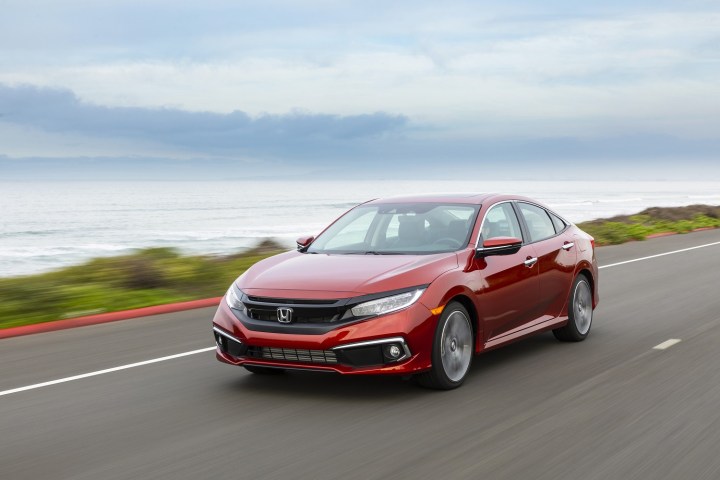 2020 Honda Civic Sedan Touring2020 Honda Civic Sedan Touring
2020 Honda Civic Sedan Touring2020 Honda Civic Sedan Touring
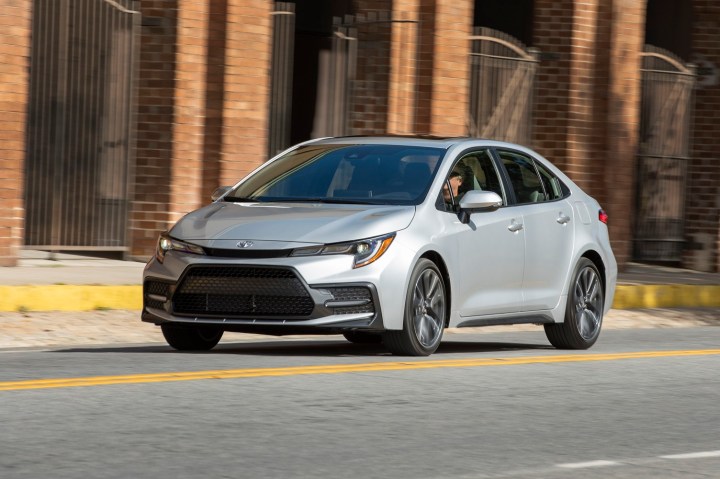 2020 Toyota Corolla SE2020 Toyota Corolla SE
2020 Toyota Corolla SE2020 Toyota Corolla SE
Both the Civic and Corolla are available as sedans and hatchbacks, with the Civic also offering a coupe variant. The Civic sedan measures 182.7 inches long, while the Corolla is slightly shorter at 182.3 inches. Both models comfortably seat five passengers.
Cargo space varies depending on the body style. The Civic sedan offers 15.1 cubic feet of trunk space, while the Corolla sedan provides 13.1 cubic feet. The Civic hatchback offers 25.7 cubic feet behind the rear seats and 46.2 cubic feet with the seats folded, while the Corolla hatchback has 17.8 cubic feet behind the rear seats. The Civic coupe offers a respectable 11.9 cubic feet of trunk space.
Safety: Prioritizing Protection
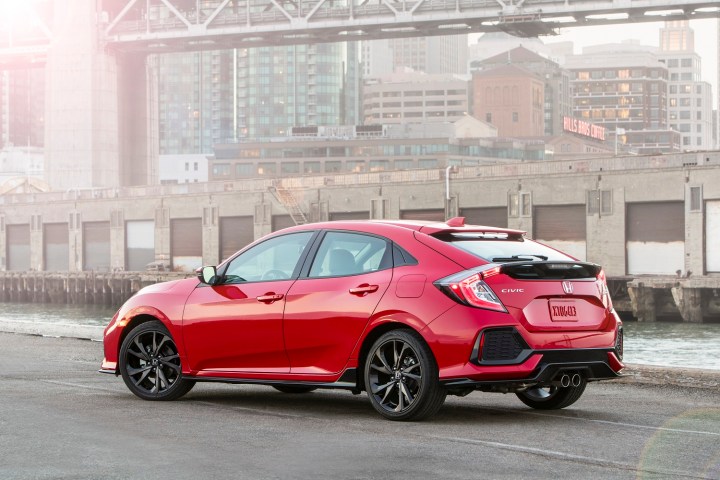 Honda Civic HatchbackHonda Civic Hatchback
Honda Civic HatchbackHonda Civic Hatchback
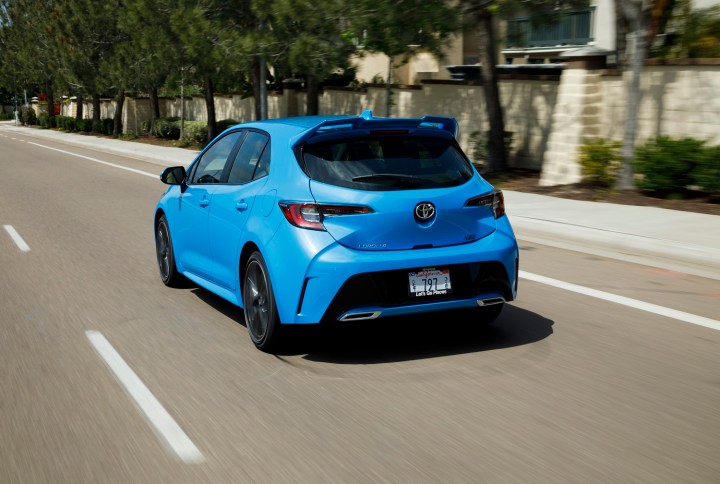 Toyota Corolla HatchbackToyota Corolla Hatchback
Toyota Corolla HatchbackToyota Corolla Hatchback
Both the Civic and Corolla prioritize safety, offering a comprehensive suite of advanced safety features. The Civic includes forward collision warning, lane departure warning, collision mitigation braking, road departure mitigation, lane-keeping assist, adaptive cruise control, automatic high beams, and a full complement of airbags. The Corolla similarly boasts a pre-collision system with pedestrian and cyclist detection, lane departure alert with steering assist, automatic high beams, adaptive cruise control, road sign assist, lane tracing assist, and eight airbags.
Pricing: Finding the Right Value
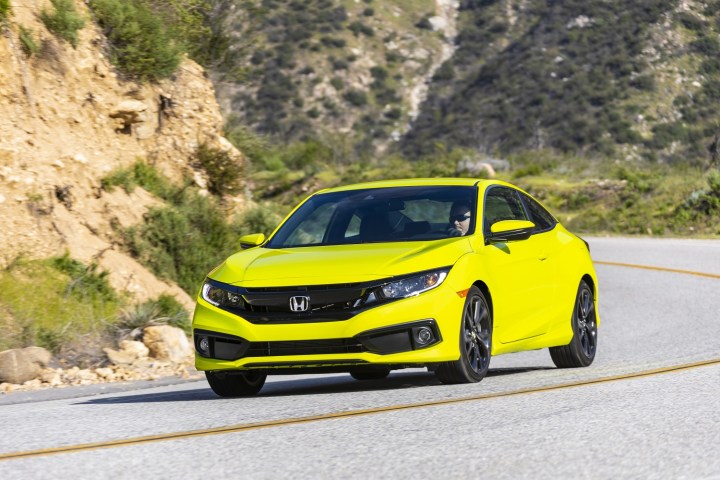 Honda Civic CoupeHonda Civic Coupe Sport
Honda Civic CoupeHonda Civic Coupe Sport
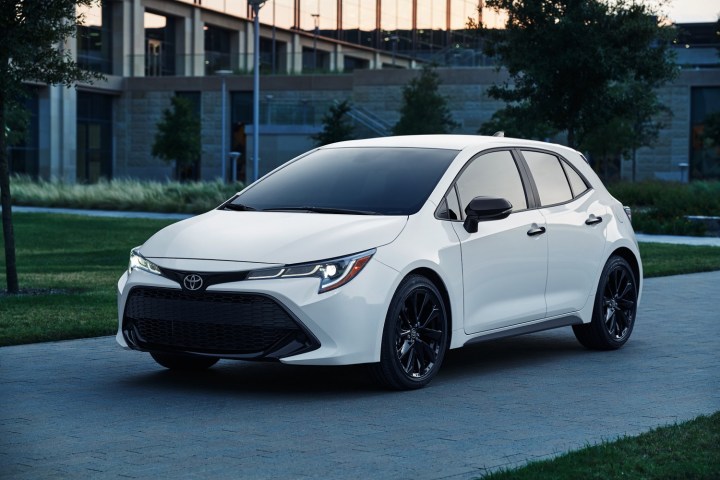 Toyota Corolla HatchbackToyota Corolla Hatchback Nightshade Edition
Toyota Corolla HatchbackToyota Corolla Hatchback Nightshade Edition
The Civic sedan starts at $20,650 (excluding a $955 destination charge), while the Touring model tops out at $27,700. The coupe ranges from $21,050 to $27,250. The hatchback begins at $21,750, the Si at $25,200, and the Type R commands a premium at $36,995.
The Corolla sedan starts at a slightly lower price of $19,600 and goes up to $25,550 for the XSE trim. The Hatchback and Hybrid models start at $23,100 and $20,290, respectively (excluding a $955 destination charge).
Conclusion: Choosing Your Champion
Both the 2020 Honda Civic and Toyota Corolla offer compelling options in the compact car segment. The Civic boasts a wider range of performance options and available features, while the Corolla offers a slightly lower starting price and exceptional fuel economy in its hybrid variant. Ultimately, the best choice depends on individual priorities and preferences.



